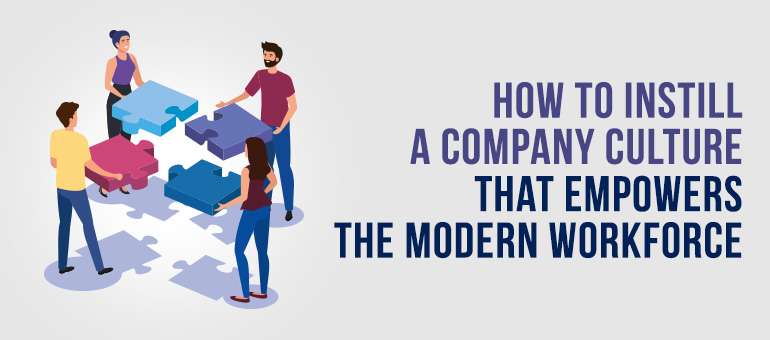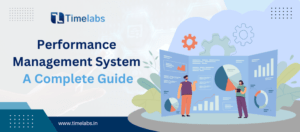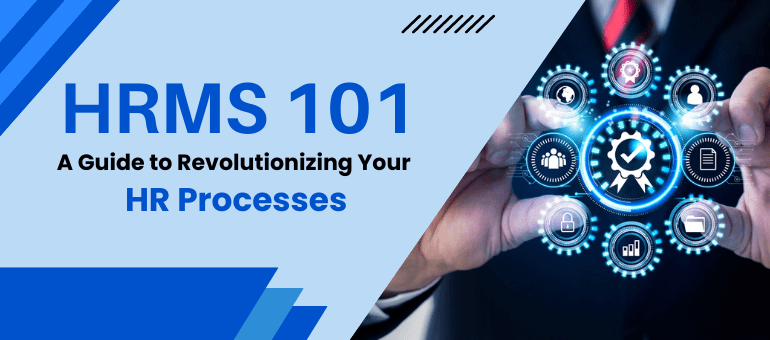Companies worldwide have gone through a wave of change in terms of workforce practices and compliances in the last couple of years. Pandemic has just changed the ideas and conventions of working within an organizational setting. The way people want to operate and deliver has a new added perspective to it.
Behavioral data of employees from various studies and reports suggest that they want a more flexible, rewarding, and entitling work system. They want to be a part of an organizational culture that offers them holistic and hybrid experience and empowers them to perform, learn, grow and have a greater sense of engagement and achievement.
The growing need to have hybrid working structures in place is deepening the need for technological penetration and enablement. This requires companies to integrate HR technology and process automation into their functional structure.
Companies need to insistently adapt to and implement new ideas to respond to people’s evolved mindsets and changed preferences. So, they can create a suitable work paradigm, finding the best match between the transformative resource fit and the organization’s value proposition.
Here, companies need to implement the thought process and put it into practice to enable employee entitlement and empowerment by introducing a cultural endorsement system driven by strong workforce alliance programs.
Bringing purpose into play
The times pandemic has changed the way people define success in their life. It is more about creating a balance between work, life, and everything. They realize the importance of life beyond financial security and professional growth. They want to work in a system where they get enough choices and flexibility to claim their purpose in life. Every employer today needs to cater to this need to validate purpose and make employees feel fuller and accomplished in their positions and roles. Please provide them with an environment that promotes their belief, faith, passion, and intent and allows them to flourish and thrive in an inclusive capacity. This works out to be a more valid way for them to feel elevated and empowered!
Building flexible work systems
With employees wanting more flexibility and freedom in their work engagements, more companies are moving toward employment policies and practices that help them end their conventional resource engagement processes and allow them to build an autonomous and flexible work environment for employees. In the process, they adopt a more collaborative and supportive system of work that keeps job appointments, task deliberations, and work timings decentralized and flexible at different levels of trials and executions. This is how the workforce gets to function in a system of collective authority, which bestows them with the freedom and flexibility that contributes to a greater degree of reassurance and commitment among the employees.
Driving multifaceted growth
These are certainly not the best times for a corporate. They are going through disruptive, volatile events like the hybrid work model and the great resignation. This requires them to reapprove and reinvent their practices of appointing growth drives in the organizations. They have to prove and put the idea of growth, entitlement, and validation in front of their employees. To retain the new-age talent, companies need to think beyond material remuneration. They need to be provided with individual and professional growth opportunities to help them redefine and reassert their work potential and explore new prospects in their careers.
Parity, inclusion, and safety
As we see teams expanding globally and demonstrating open work cultures that promote employee welfare at all levels, the working tribe seeks to be treated with inclusive attention. In 2022, the practices of being compensated monetarily and supported professionally are only considered rightful and implied. If there’s something that interests and attracts employees are, the working conditions and employment parity. They feel important, motivated, and empowered when they get equal opportunities and are included in the system going above and beyond the unwarranted barriers.
To conclude
The idea of workforce validation and empowerment has drastically changed in recent times. It’s time for companies to reinvent and reassert their employee engagement and benefits system to allow them more ability and power to demonstrate their talent, quality, and value at an immersive and virtuous capacity.



